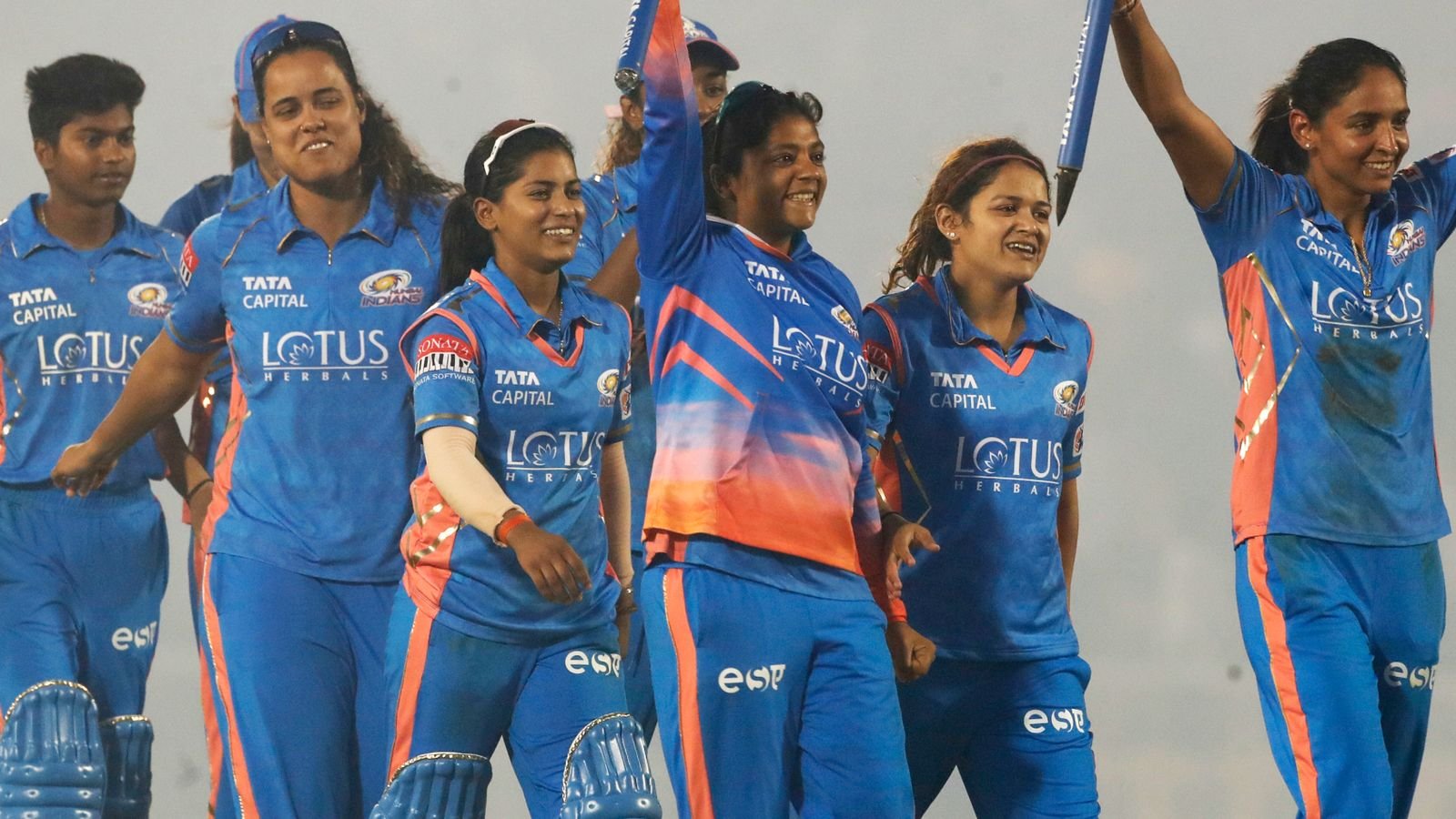[ad_1]
A new study into habits in women’s sport has shown attendances and viewership records were set in 2022, with more than two million people attending women’s sport for the first time.
In addition to attendances, 2022 saw more people watching women’s sport for more than two hours than ever recorded.
A total of 574,875 tickets were sold during last year’s European football championships, while the competition reached a record global audience of more than 365 million people, with the final breaking the all-time record attendance for a men or women’s Euros final with 87,000 inside Wembley Stadium for England’s victory over Germany.
Over two million viewers tuned into Claressa Shields vs Savannah Marshall making it the most-watched women’s professional boxing show in history, while the rival world champions also attracted a large attendance at The O2, in another standout event in 2022.
The study was launched by Two Circles and the Women’s Sport Trust, providing new research into women’s sport fandom, and was supported by UK Sport, The FA, The ECB and The RFU.
The study also revealed fans want to watch more women’s sport, but habits are currently less fixed. Women’s sport was also shown to be becoming mainstream and the amount and depth of consumption is increasing rapidly.
“We identified that the next frontier to tackle is habitual consumption of sport, which was the focus of this research, as this will open up a range of revenue streams that will help women’s sport ultimately become sustainable and profitable,” said Tammy Parlour, CEO of Women’s Sport Trust.
“This study shows there is a huge opportunity for right-holders, media and sponsors to harness this interest in women’s sport.
“The next step for the industry is to find ways to drive fans to develop a more meaningful, long-term connection to women’s sport, across many different sports, so the fantastic growth we’ve seen to date does not stagnate.”
As revealed in 2021’s Closing the Visibility Gap study from Women’s Sport Trust and Two Circles, revenue generated by women’s sport in the UK is still predicted to hit £1bn by 2030 – with female athletes and teams becoming more visible key to unlocking growth.
Clare Vigers, Client Services Director at Two Circles, added: “Nothing beats a live event. They’re consistently the best, most effective drivers of engagement with sports at the top of the fandom funnel, but for women’s sport to grow sustainably in the long term, we need to turn these moments of breakthrough into habits, which will result in bigger, more consistently engaged audiences.
“Based on our findings, it is clear that this live engagement with supporters is key to creating positive habitual behaviours. Attendance is the bedrock of habit.
“The size of the potential prize remains significant for women’s sport in the UK. And to get us there, the research shows the importance of time, location, emotional state, and other people on habitual behaviour.
“Consistency really matters when building habits – from scheduling and messaging to building the excitement. And there’s plenty of excitement still to come.”
[ad_2]
Source link








